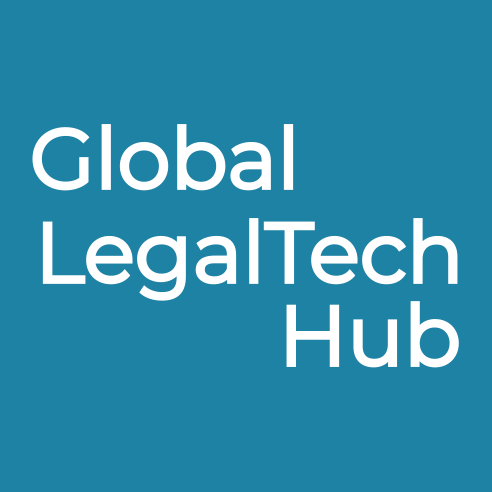A historic moment for legaltech and the entire legal sector
- Jul 4, 2025
- 2 min read
Clio’s $1 billion acquisition of vLex isn’t just another corporate move — it marks the beginning of a new chapter in the legal technology market.

In recent years, we’ve seen clear signs of change: Thomson Reuters acquiring Casetext, Litera’s series of acquisitions, or the recent partnership between LexisNexis and Harvey to build proprietary generative AI capabilities.
But what’s happening now goes a step further: for the first time, the operational management of law firms is being integrated with substantive legal knowledge within a single platform — AI-powered and deployed on a global scale.
This deal not only hints at a new platform architecture, but also raises questions that affect the entire legal ecosystem:
Are we witnessing the emergence of a market dominated by three or four major integrated suites?
What role will the many smaller software providers play?
Could this bring us closer to B2C solutions that truly expand access to justice?
What we do know is that this move triggers strategic shifts: real interoperability, cross-cutting AI, new business models… and it will inevitably revive essential debates around privacy, technological dependence, and algorithmic ethics.
At the Global LegalTech Hub — the world’s largest community for legal innovation — we’re observing this moment from multiple perspectives, especially since many of these key players are active members of our ecosystem.
From this constantly updated vantage point, we remain committed to providing a neutral view.
Our mission remains unchanged: to connect people, projects, and cutting-edge knowledge so that everyone in the sector can better understand what’s unfolding.
We’ll keep working to separate true trends from noise.
And by doing so, we aim to support informed decision-making in an increasingly complex environment.
Because beyond what is changing, what truly matters is what lies ahead.
